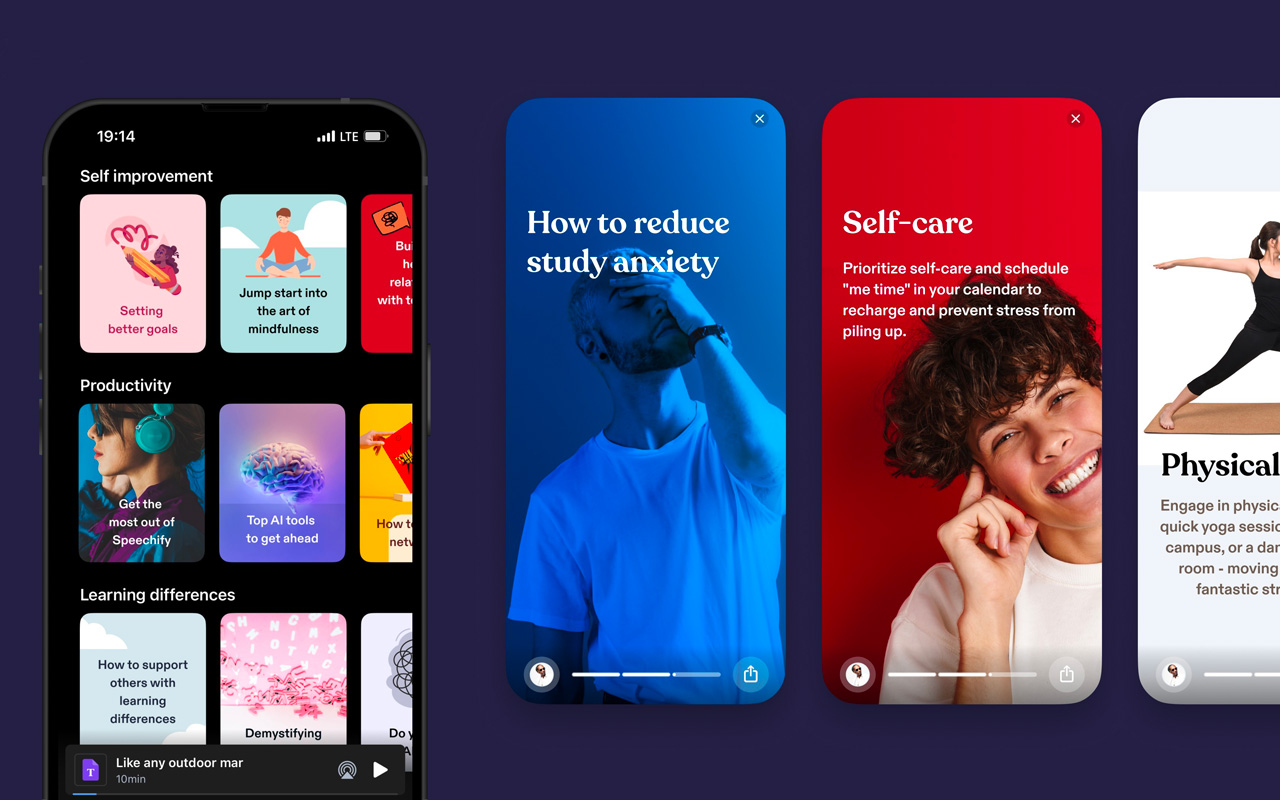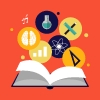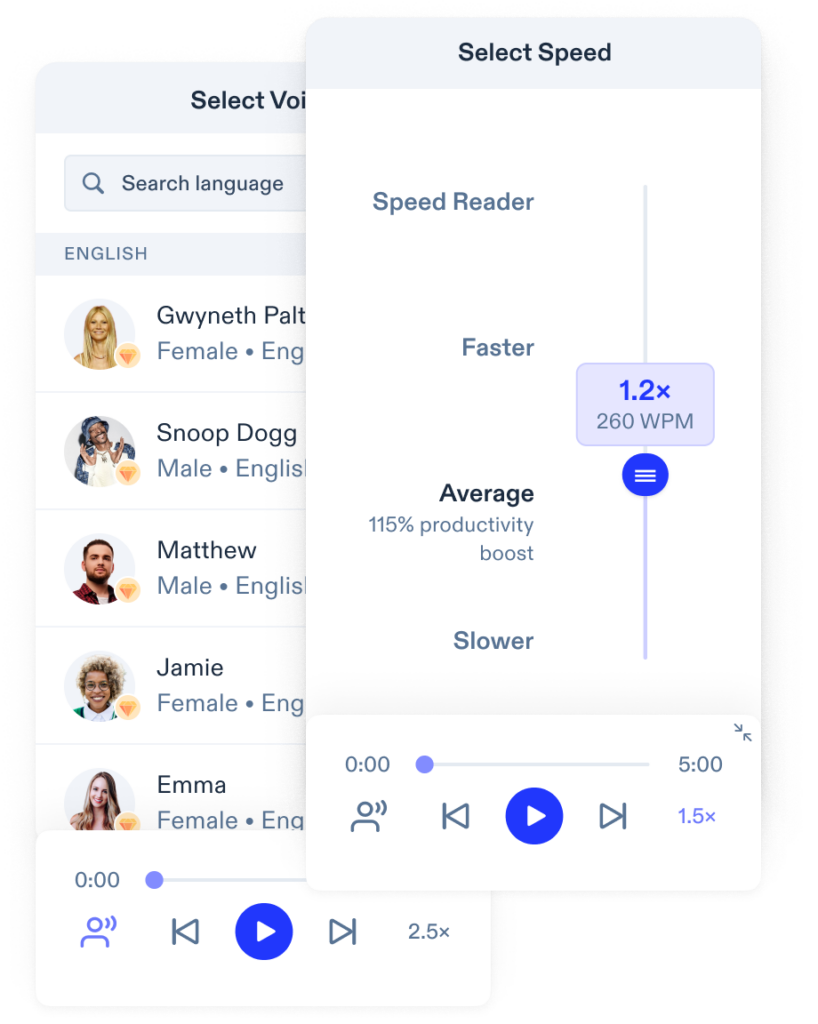Embracing AI in Education
The realm of education is undergoing a transformative shift with the integration of artificial intelligence (AI). AI tools for educators are not just futuristic concepts but practical solutions enhancing teaching methodologies and learning experiences. This article explores various AI tools and their impact on the educational landscape.
AI-Powered Lesson Planning: A New Dawn
AI tools like Curipod and Magic Write offer educators innovative ways to create high-quality lesson plans. These platforms use AI algorithms to suggest content, activities, and handouts tailored to specific grade levels and subjects, including English and Math.
Real-World Example: Curipod in High Schools
In several high schools, Curipod has revolutionized lesson planning by offering templates and customizable options, saving educators time and enhancing the learning experience.
Interactive Learning with AI: Quizzes and Assessments
AI tools have made creating quizzes and assessments more efficient. Gradescope and similar platforms use AI-powered grading to evaluate student work, offering real-time feedback. This not only streamlines the grading process but also provides students with immediate insights into their performance.
Use Case: AI in Formative Assessments
Educators are increasingly employing AI tools for formative assessments, allowing them to gauge student understanding and tailor instruction accordingly.
ChatGPT: The AI Assistant for Educators
OpenAI’s ChatGPT serves as a versatile AI assistant, aiding in generating discussion topics, summarizing concepts, and even drafting rubrics. Its ability to understand and respond in natural language makes it a valuable asset in education.
Example: ChatGPT in English Class
An English teacher utilized ChatGPT to generate creative writing prompts, enhancing student engagement and creativity.
Streamlining Administrative Tasks with AI
AI tools are not limited to direct educational applications. They also aid in managing administrative tasks. Tools like Microsoft’s AI-powered tool can organize schedules, manage emails, and even help in drafting reports, significantly reducing time-consuming clerical work.
Enhancing Student Engagement with Generative AI
Generative AI tools, like image generators and chatbots, open new avenues for interactive learning. For instance, Magicschool.ai creates custom worksheets and learning materials, engaging students in a more interactive and personalized way.
EdTech and Social Media Integration
Educators are also leveraging AI tools for social media integration, using platforms like Canva to create visually appealing educational content. This enhances both the teaching workflow and student engagement.
The Future of AI in Education
The advancements in AI technology continue to shape the educational landscape, offering user-friendly solutions and innovative approaches to both teaching and learning. As these technologies evolve, they promise to further empower educators and learners alike.
AI tools for educators are not just enhancing the educational experience but are also reshaping the way teachers teach and students learn. By embracing these advancements, educators can create a more dynamic, efficient, and engaging learning environment.
Speechify Studio
Pricing: Free to try
Speechify Studio is a comprehensive creative AI suite for individuals and teams. Create stunning AI videos from text prompts, add voice overs, create AI avatars, dub videos into multiple languages, slides, and more! All projects can be used for personal or commercial content.
Top Features: Templates, text to video, real-time editing, resizing, transcription, video marketing tools.
Speechify is clearly the best option for your generated avatar videos. With seamless integration with all the products, Speechify Studio is perfect for teams of all sizes.
Frequently Asked Questions About AI Tools for Educators
What is the best AI tool for educators?
The best AI tool varies based on specific needs, but ChatGPT and Gradescope are highly regarded for their versatility in creating lesson plans, providing real-time feedback on assessments, and aiding with administrative tasks.
What are the applications of AI in education?
AI applications in education include creating interactive quizzes, personalized lesson plans, streamlining administrative processes, enhancing student engagement through generative AI, and providing real-time educational support.
What is AI-powered education?
AI-powered education involves using AI technology and tools to enhance the learning experience by making it more efficient, personalized, and engaging. It includes ai-powered tools for assessments, lesson plans, and student learning analytics.
What can teachers use ChatGPT for?
Teachers can use ChatGPT as an AI assistant to generate creative content, summarize information, draft rubrics, create handouts, and even support English language learning through interactive chatbot functionalities.
How can educators use AI?
Educators can use AI to develop high-quality lesson materials with tools like Magic Write and Curipod, automate grading with Gradescope, enhance student work analysis, and improve workflow efficiency in managing educational tasks.
What are artificial intelligence tools in education?
Artificial intelligence tools in education include platforms like Canva for creating educational materials, Magicschool.ai for custom worksheets, AI algorithms for formative assessments, and image generators for visual learning.
What are the benefits of AI-powered education?
Benefits include improved student learning outcomes, efficient grade level assessments, time-saving on administrative tasks, personalized learning experiences, and enhanced student engagement through interactive tools.
What is the difference between AI and machine learning?
AI is a broader concept of machines performing tasks that require human intelligence, while machine learning is a subset of AI focusing on algorithms that enable machines to learn from and make decisions based on data.
What is ChatGPT?
ChatGPT, developed by OpenAI, is a GPT (Generative Pre-trained Transformer) based AI chatbot capable of understanding and generating natural language responses, useful for a variety of educational purposes like tutoring, content creation, and providing real-time assistance.

















